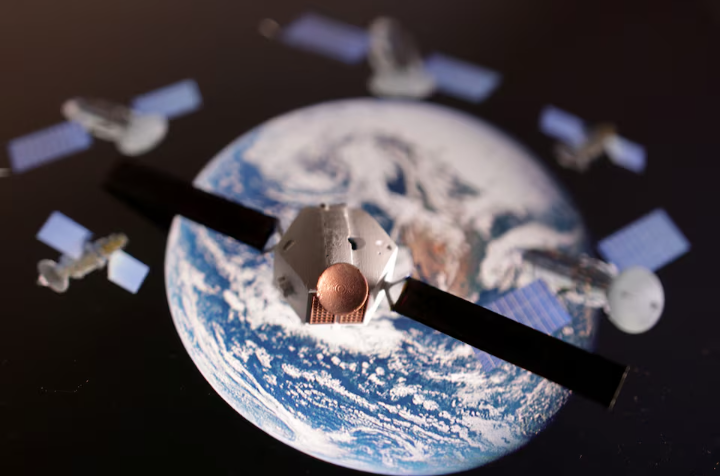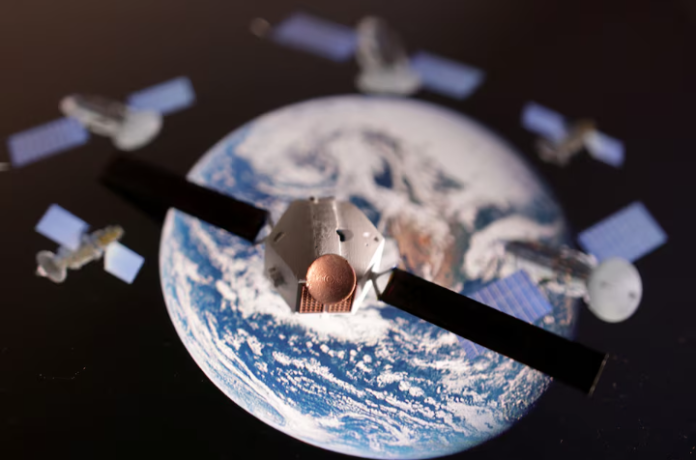Elon Musk’s Starlink is no longer the uncontested leader in the satellite internet industry. Chinese state-backed firm SpaceSail and Amazon’s Project Kuiper, led by Jeff Bezos, are intensifying competition in the race to dominate low-Earth orbit (LEO) broadband services. With billions of dollars in investment, China’s push into satellite internet is not just about connectivity—it’s a geopolitical strategy that could reshape global digital infrastructure.
China’s SpaceSail Expands Rapidly
Shanghai-based SpaceSail has been making aggressive moves to expand its global reach. In November 2024, the company entered Brazil and is now in discussions with over 30 other nations. By January 2025, it had already started operations in Kazakhstan, signaling its ambition to challenge Starlink’s dominance.
Meanwhile, Brazil’s government is negotiating with both Bezos’ Project Kuiper and Canada’s Telesat, further intensifying competition in Latin America. The Brazilian government sees these developments as opportunities to expand internet access to rural and underserved regions.
China’s Massive Satellite Launch Plans
Beijing is heavily investing in LEO satellite technology as part of a broader space strategy. In 2024, China launched a record 263 LEO satellites, outpacing many competitors. SpaceSail aims to deploy 648 satellites this year, with plans to increase that number to 15,000 by 2030.
China’s broader satellite project, known as Qianfan (“Thousand Sails”), is the country’s first serious attempt at building an international satellite broadband constellation. Three additional Chinese satellite networks are also in development, with Beijing planning to launch 43,000 LEO satellites in the coming decades.
According to experts, China’s strategy is not just about technological advancement—it’s also about securing key orbital positions before space regulations become stricter.
Geopolitical Concerns Over China’s Space Strategy
Western analysts and policymakers have raised concerns about China’s growing influence in space. Some fear that Beijing could extend its internet censorship policies to countries using its satellite services, particularly in the Global South.

A February 2025 report from the American Foreign Policy Council highlighted the geopolitical risks associated with China’s expanding digital presence. The report urged the U.S. to strengthen cooperation with developing nations to counter China’s influence.
Additionally, Chinese military researchers have been closely studying Starlink’s role in military communications, particularly in the Russia-Ukraine war. This has led to increased state funding for countermeasures against Starlink, as well as the development of tracking systems to monitor its satellite network.
A High-Stakes Battle in Space
With the rapid expansion of SpaceSail, China is emerging as a formidable player in satellite communications. The rivalry between Starlink, SpaceSail, and Project Kuiper marks the beginning of an intense battle for global internet dominance.
As China accelerates its space ambitions, the world is watching closely. The question remains: Will Beijing’s satellite strategy revolutionize global internet access, or will it trigger new concerns over digital sovereignty and control?



